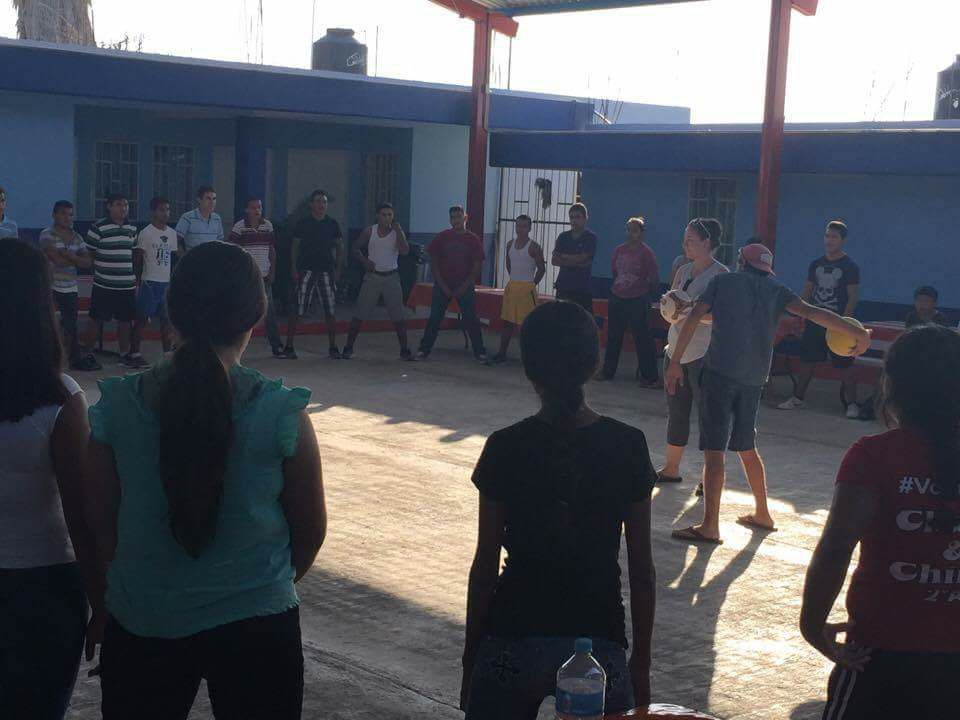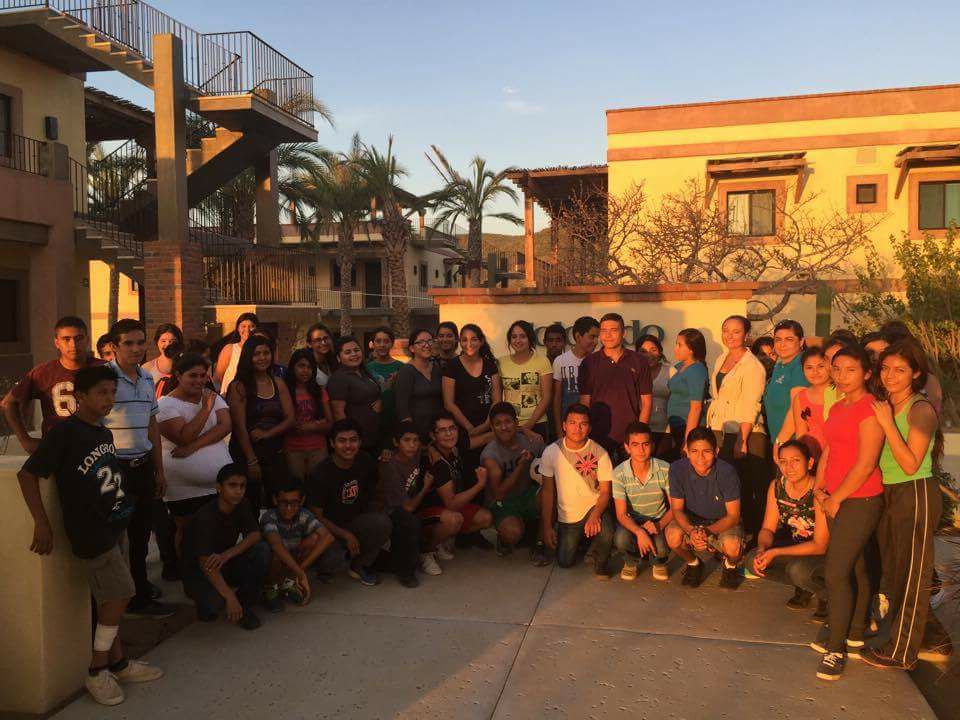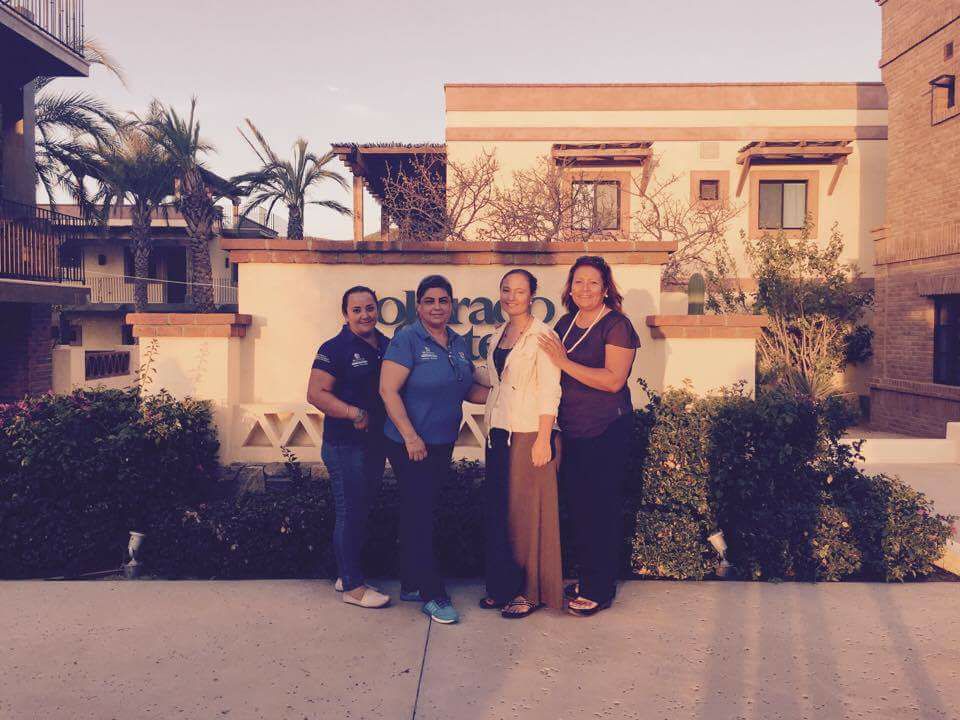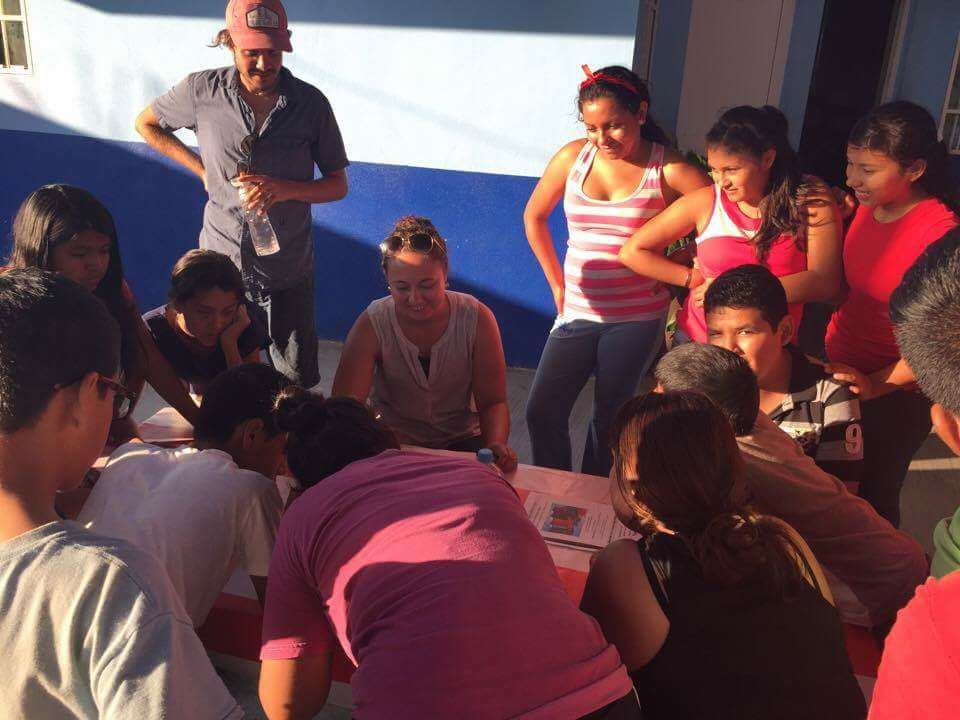



When Augusta Ahlm first visited the Colorado State University Todos Santos Center with her Sustainable Agriculture class, it was only the beginning of her love for the town.
Now, two years since her initial trip, Ahlm has returned from more than three weeks finishing the research for her thesis at Casa Del Estudiantes, a boarding school in Todos Santos.
The ethnographic case study for Ahlm’s master’s work looks at the challenges and opportunities of the next generation of agriculturalists in Todos Santos, Baja California Sur, Mexico, where CSU began programming at an international educational hub in 2015. As a Weld County, Colorado, Extension agent, Ahlm has a passion for educating the next generation and shifting perspectives around agriculture.
“People think of a farmer being a guy with a pitchfork, but farmers are applied scientists. My point is that every single person is a part of agriculture – they’re not separated from agriculture. Exposing them to new careers opens their minds,” said Ahlm, noting agriculture professions in fields such as agronomy, food quality, animal husbandry, nutrition, hydroponics, aquaponics, and bioplastics.
In Mexico, Ahlm worked with 25-40 students – mostly 15 and 16 year olds – on a voluntary basis during their free period. She gave them the opportunity to take a skill assessment, and explore potential careers and resources in their own community.
Students involved with the Sustainable Agriculture (AGRI 510) class and the new Field Practicum (AGRI582A) will have the opportunity to immerse themselves in the Todos Santos community while working on innovative agriculture projects developed throughout the semester. The dynamic project-based experience builds on the theory of sustainable agriculture and provides real-time enrichment of knowledge, skills and global awareness.
Sustainable Agriculture course registration closes May 1, 2017.
Many students are farm laborers, attend school, and hold another job on the side – often they come from rural areas and live at school during the week and work on the weekends, Ahlm said. “I don’t always see them as kids because they are dealing with things and responsibilities that are far beyond.”
Ahlm made a commitment to working from a community-based approach, she said, and had leaders from the community speak with the students to share not only their successes, but also their struggles.
“It was very important to me that the youth hear from leaders in their own community that they can live and work there … and become successful,” Ahlm said. “All of the adults that came to talk to kids were really, really honest. The kids are looking for someone to engage with, and they were happy to have someone working with them.”
Ahlm’s thesis will be a bilingual data analysis, which she will defend in the coming months, and also share with the Baja California Sur community. Ahlm, who is passionate about the urban and rural interface, doesn’t have any predetermined ideas of her thesis outcome, but she is proud that her students have already noted a difference from working with her.
“It made me feel really good because a kid said in his letter that walking through the program made him think about what he wanted in his life,” she said.
Regardless of the thesis outcome, Ahlm is hopeful that her research will have lasting impact for students and the Todos Santos community.
“These kids are amazing – to discredit them or to not value their views would be to lose the perspective and their valuable input,” she said. “These are young adults that are already making an impact.”
About the CSU Todos Santos Center
The Colorado State University Todos Santos Center is the university’s first international location and is core to CSU’s mission of teaching, research, service, and outreach.
The Center provides opportunities for CSU students and Baja California Sur residents to collaborate with local partners and businesses to identify needs, conduct research, and produce impactful outcomes.
CSU’s vision in Todos Santos is to cultivate generations of global citizens and to be a part of creating thriving communities through collaboration, experience, and exchange of knowledge in areas such as agriculture, infectious disease, elementary education, environmental and social sustainability, wildlife ecology, veterinary medicine, and public health.